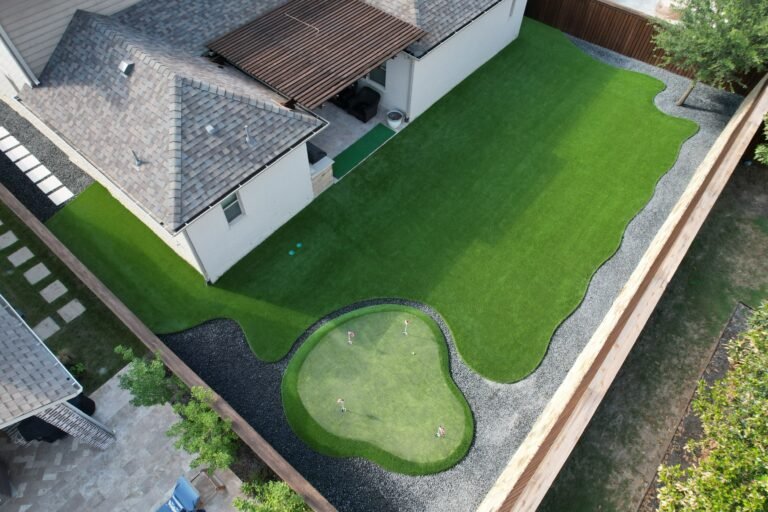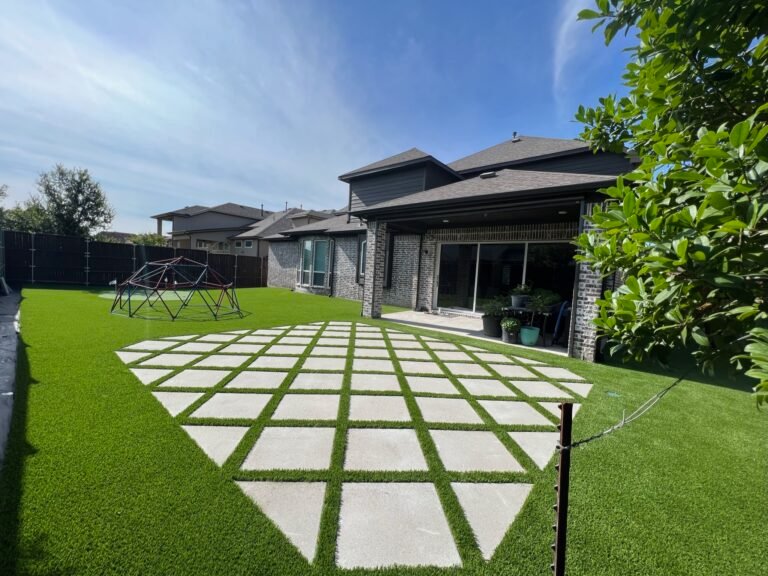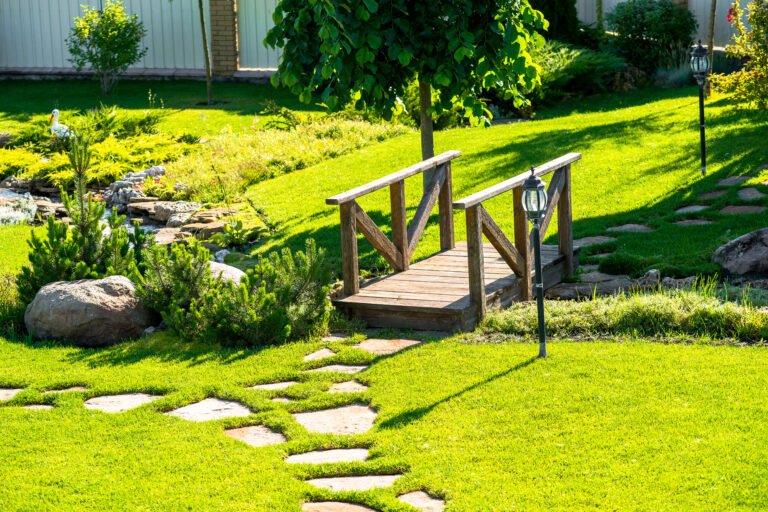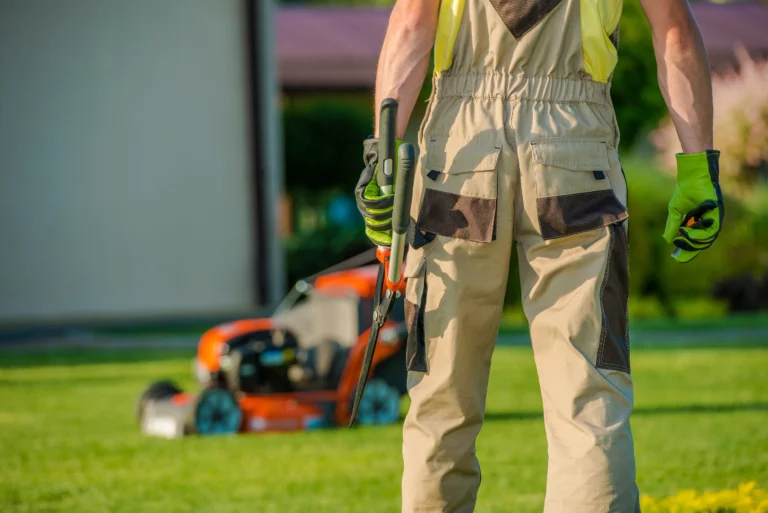Who Would Have Thought
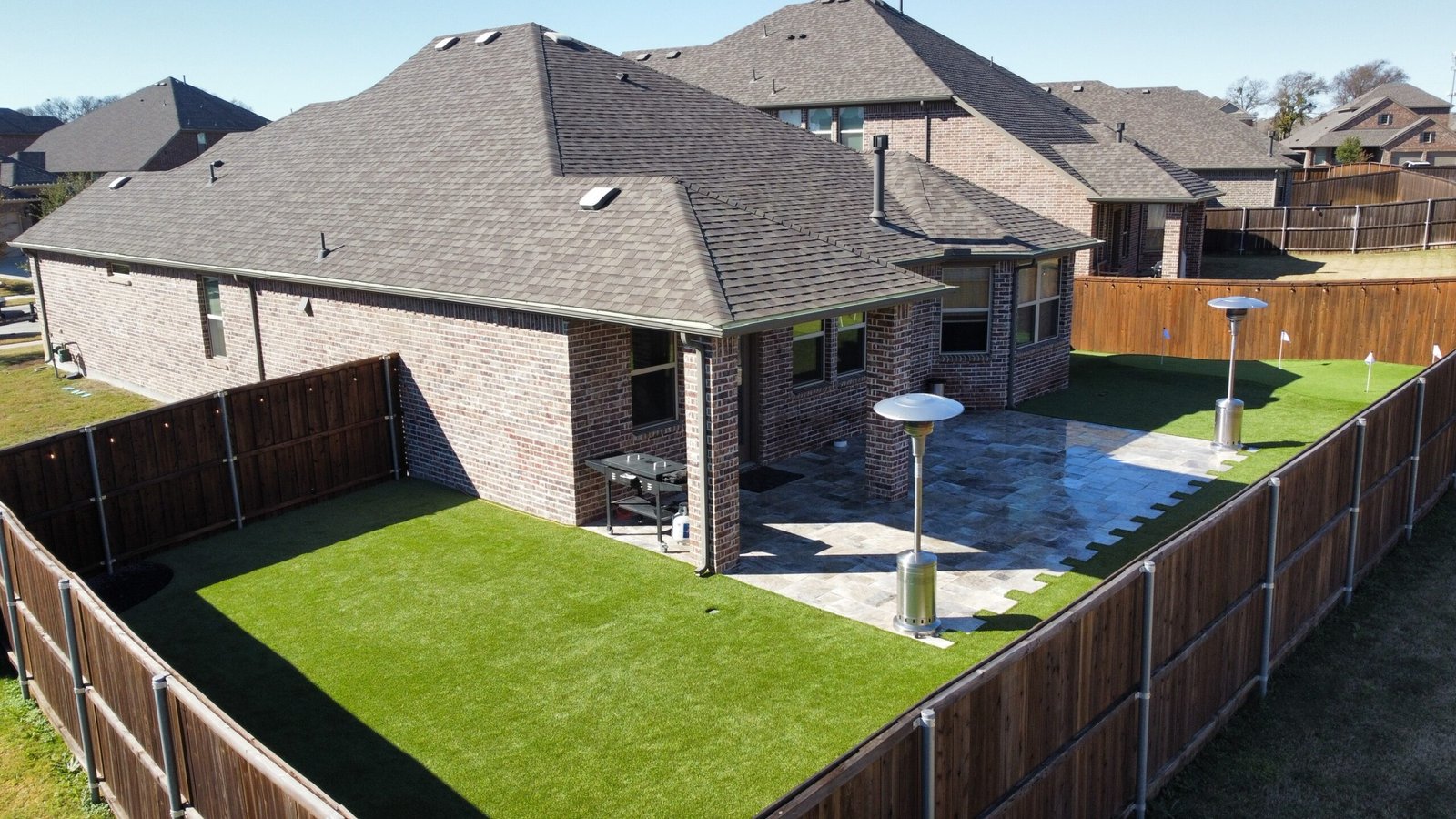
Who would have thought that those fresh-cut grass smells of springs and summers of a bygone era are complicating our lives today? Who could have imagined the impact that mere grass clippings would have on our world for decades to come? Yet, in fact, methane gas is responsible for much of our immediate rising temperatures and is 80 times more dangerous than carbon dioxide emissions.
What does all this have to do with grass clippings? Decomposing plant matter (aka grass clippings) is an extremely warm and combustible methane producing material. That’s why when so much of this waste ends up in landfills, methane gas is created at an alarming rate compared to that grass pile in your childhood backyard. Every time you or your lawn service puts grass clippings into the trash bin, and those clippings make their way to the local landfill, methane gas will be birthed – usually within 12 months.
Methane is odorless, invisible, and capable of wreaking havoc on the atmosphere. So, who would have thought we would be where we are today and the role our picturesque lawns would play in this scenario? The world we once knew does not really exist in the same way as it once did. No matter how nostalgic we feel, no matter how vivid our memories of cookouts on the evenings when the whole family chipped in to beautify the yard…mowing, raking, bagging, hauling, and clipping….no matter how much we want to return to yesteryear, it’s not going to happen.
Instead, we are faced with today’s choices to purposefully plan for tomorrow’s future. Some choices are harder than others. Some choices have a bigger payback than others. And some choices are more for the benefit of our children’s children than our own. So many Americans have made good choices when it comes to recycling and taking care of our environment. Is it time to do more?
With advanced infrared technology, scientists have been able to determine the amount that methane gas emissions contribute to our current weather patterns. No longer can we pretend we are not really being affected by present-day weather conditions.
Across the United States, there is a growing effort to reduce the domestic production of methane gas. In our landfills. In our communities. In our neighborhoods. And in our yards. What can you do? If you have a lawn, there’s plenty you can do to reduce your methane footprint. You may not think it’s much, but those pounds of grass clippings add to the overall decomposition of organic material.
It’s not just explosive methane gas that is produced from your yard waste, but also roughly an equal amount of carbon dioxide. However, methane is about 30 times more responsible for trapping heat in the atmosphere than carbon dioxide. (Carbon dioxide created from your grass clippings has its own issues.) Potent methane gas is generated by decomposing waste in usually less than a year. Year after year after year.
As the interest grows in using alternatives like artificial turf for sports fields and synthetic grass for lawns, grass clippings in our landfills will decrease proportionately, and so too will the resulting amount of methane gas. Today, grass clippings make up the third largest material in landfills. A side note: Gas mowers running for one hour is equivalent to the same amount of toxic emissions spewing into the air as driving 100 miles in an automobile.
In addition to all the other wonderful features of having a synthetic lawn (less time spent in upkeep, water conservation, no pesticide usage, and beautiful garden configurations) helping our environment is one that benefits more than just ourselves and our personal enjoyment. So, considering a different perspective when it comes to your lawn may not be one of those hard choices after all. Rather, it’s clearly one of those choices with a bigger payback! Take the first step and learn how Pave-N-Turf for your lawn today can make a better tomorrow for you and your family.

